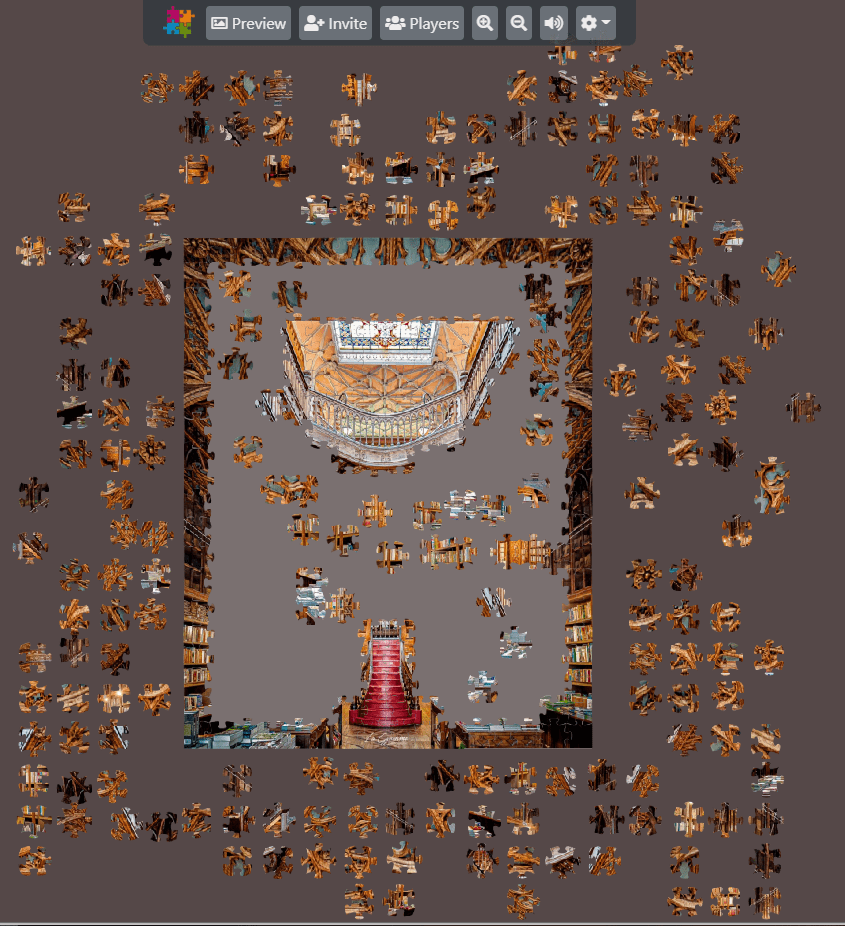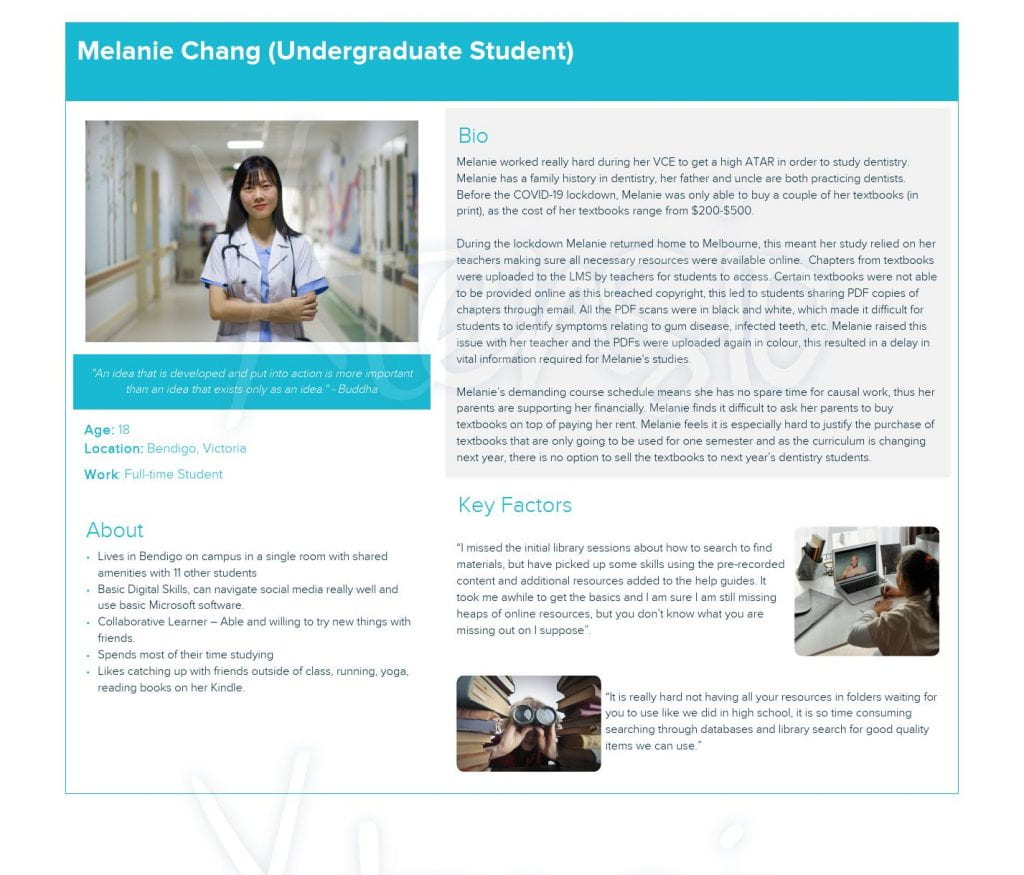By Sarah Howard, Associate Director, Library, Queensland University of Technology, Kat Cain, Manager Digital Literacy Programs, Deakin University Library and Nica Tsakmakis, Senior Librarian, Library Academic and Research Services, Australian Catholic University
Friday often brings with it work fatigue and dimming of enthusiasm. We have been staring at our computer screens for countless hours all week. Sure we need to, but we also have to balance that with digital wellbeing. Luckily the final day of the CAUL Digital Dexterity virtual festival landed and boy did it revive us!
What’s more – it clearly responded to the Digital Identity and Wellness area within our CAUL Digital Dexterity Framework.
The session kickstarted with a fun presentation by Deakin Library’s Jane Miller. Jane shared real practice examples of games or other activities that have facilitated Library team building and group development. Fantastically, Jane’s tips and tricks had broad applicability despite the diversity of participant contexts. It’s amazing how a children’s game when used with adults builds negotiation, cooperation, imagination and having fun.

The opportunity to explore together online games Deakin Library has used was invaluable. These included Mentimeter, online jigsaw puzzles, and 9truths. Jane even demonstrated how to host a trivia game without the use of a program. At the end of the session participants shared their own favourite games through mentimeter poll. The collated list of games will be published soon, but it was clear that board game arena was a favourite.
Throughout the day we discovered so many benefits of workplace gaming. What stood out was the growing need for virtual socialising in our post-Covid work world. Games and activities help strengthen all types of teams, including the high performing teams who have those online awkward silences.
If you missed the session watch the recording below. Do take some time out of your day and take a peek at what was shared. You won’t regret it!



